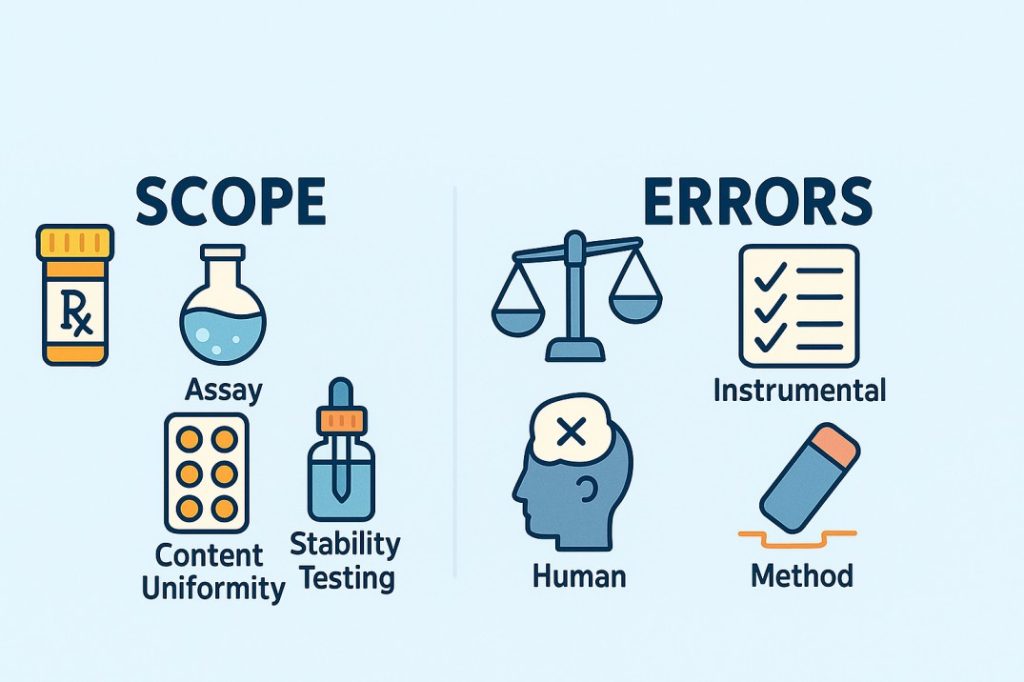Gastrointestinal Agents: Click on any subtopic U-3
Gastrointestinal agents
Acidifiers
- Introduction to Acidifiers
- Ammonium chloride (NH4Cl)
- Dilute Hydrochloric Acid (Dil. HCl)
Antacid
- Introduction to Antacid
- Sodium Bicarbonate (NaHCO₃)
- Aluminium Hydroxide Gel (Al (OH)₃)
- Magnesium Hydroxide Mixture (Mg (OH)₂)
Cathartics
- Cathartics
- Magnesium Sulphate (MgSO₄)
- Sodium Orthophosphate (Na₃PO₄)
- Kaolin
- Bentonite
Antimicrobials
- Introduction to Antimicrobials
- Potassium Permanganate (kmno4)
- Boric Acid (H₃BO₃)
- Hydrogen Peroxide (H₂O₂)
- Chlorinated Lime (Calcium Hypochlorite, Ca(ClO)₂)
- Iodine (I₂)
Other Units of Pharmaceutical Inorganic Chemistry
Other Subjects of B Pharmcy Semester 1

Download B Pharmacy Pdf Notes on Our APP
Gastrointestinal Agents – Pharmaceutical Inorganic Chemistry Notes (B Pharma 1st Semester)
At FirstHope, we offer concise and well-organized Pharmaceutical Inorganic Chemistry notes that strictly follow the PCI and AKTU B Pharma 1st semester syllabus. Among the most important classifications covered is Gastrointestinal Agents, which includes acidifiers, antacids, cathartics, and antimicrobials used in the management of GI disorders.
Acidifiers
To begin with, acidifiers are substances that increase gastric acidity and aid digestion. They are primarily used in conditions where gastric acid secretion is low. Common examples include:
Antacids
On the other hand, antacids are used to neutralize excess stomach acid and relieve symptoms of acidity, heartburn, and indigestion. Ideal antacids should be fast-acting, non-constipating, and should not cause acid rebound. Moreover, combinations of antacids are often used to balance efficacy and minimize side effects.
Cathartics
Furthermore, cathartics or laxatives are agents that promote bowel movements. They are used to treat constipation and to prepare patients for diagnostic procedures. Some commonly used cathartics in pharmacy are:
Antimicrobials
In addition, antimicrobials are used to destroy or inhibit the growth of harmful microorganisms in the gastrointestinal tract. Their mechanism involves oxidation, disruption of membranes, or precipitation of proteins.
Furthermore, our notes are aligned with PCI syllabus guidelines, ensuring consistency across AKTU and other pharmacy universities. Not only are they helpful for semester exams, but they are also designed to support GPAT and NIPER preparation.
To sum up, if you’re searching for easy-to-understand, high-quality BPharma notes, FirstHope is your ideal academic companion.


